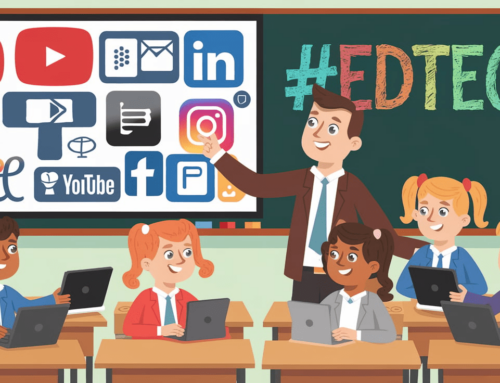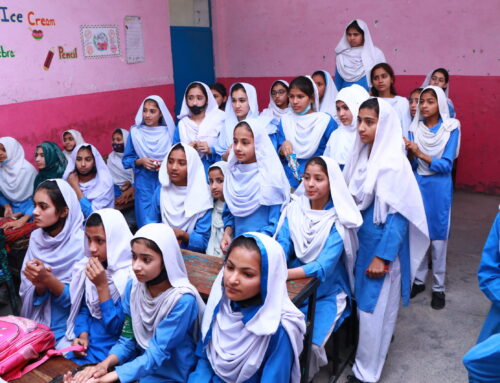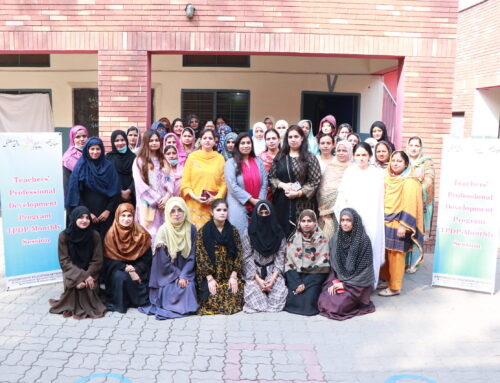“How Education Breaks the Cycle of Poverty: Insights from Progressive Education Network (PEN)”
“How Education Breaks the Cycle of Poverty: Insights from Progressive Education Network (PEN)”
Since 2008, Progressive Education Network (PEN) has been at the forefront of a crucial mission: to break the cycle of poverty through education. As an organization dedicated to empowering underprivileged children, PEN has witnessed firsthand the transformative power of education. But why is education so essential in eradicating poverty? How does it serve as the key to unlocking a brighter future for countless children and their families? This blog explores the multifaceted role of education in breaking the cycle of poverty and how PEN is making a difference in this critical area.
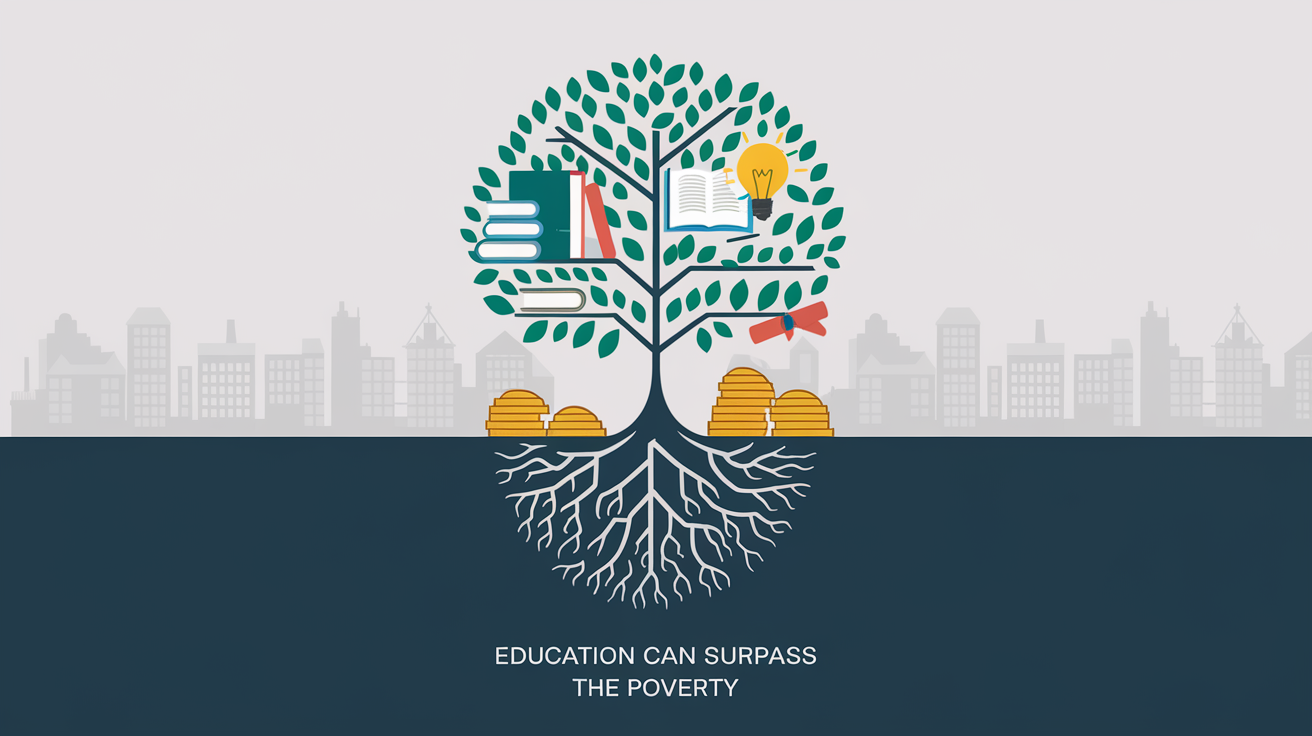
Education as a Pathway to Economic Empowerment:
One of the most direct ways education helps break the cycle of poverty is by providing individuals with the knowledge and skills necessary to secure stable employment. For children from underprivileged backgrounds, access to quality education can mean the difference between a life of poverty and one of opportunity. Education equips them with the tools they need to pursue higher-paying jobs, understand financial management, and ultimately break free from the cycle of poverty that may have trapped their families for generations.
In many cases, education is the only way individuals can escape the poverty they were born into. A well-educated person is more likely to secure employment that provides a livable wage, benefits, and opportunities for advancement. This, in turn, leads to improved living conditions, access to healthcare, and the ability to support a family. Moreover, educated individuals are better equipped to navigate the complexities of the modern economy, from understanding contracts and employment rights to managing personal finances and investments.
Progressive Education Network (PEN) understands that education is not just about acquiring facts and figures; it’s about providing children with the skills they need to thrive in an increasingly competitive world. Through targeted programs, PEN ensures that underprivileged children receive the education they deserve, opening doors to a future where poverty no longer defines their lives.
The Role of Early Childhood Education:
The foundation for lifelong learning and development begins in early childhood. Studies have shown that early childhood education (ECE) shapes cognitive, social, and emotional development. For impoverished children, access to quality ECE can significantly boost their chances of academic success, helping them catch up with their peers and reducing the risk of dropping out later in life.
Early childhood is a critical period for brain development, and the experiences children have during this time can have long-lasting effects on their ability to learn and succeed. Children who attend quality early childhood education programs are more likely to develop the skills necessary for academic achievement, including language, literacy, and numeracy skills. Additionally, ECE programs often emphasize social-emotional development, teaching children to manage their emotions, interact with peers, and build positive relationships.
PEN’s programs emphasize the importance of early education, ensuring that even the youngest children in underprivileged communities receive the support they need to start school on the right foot. By intervening early, PEN helps level the playing field, giving every child a fair chance at success. This early investment in education pays dividends in the long term, as children who start school ready to learn are more likely to continue their education, graduate, and pursue higher education or vocational training.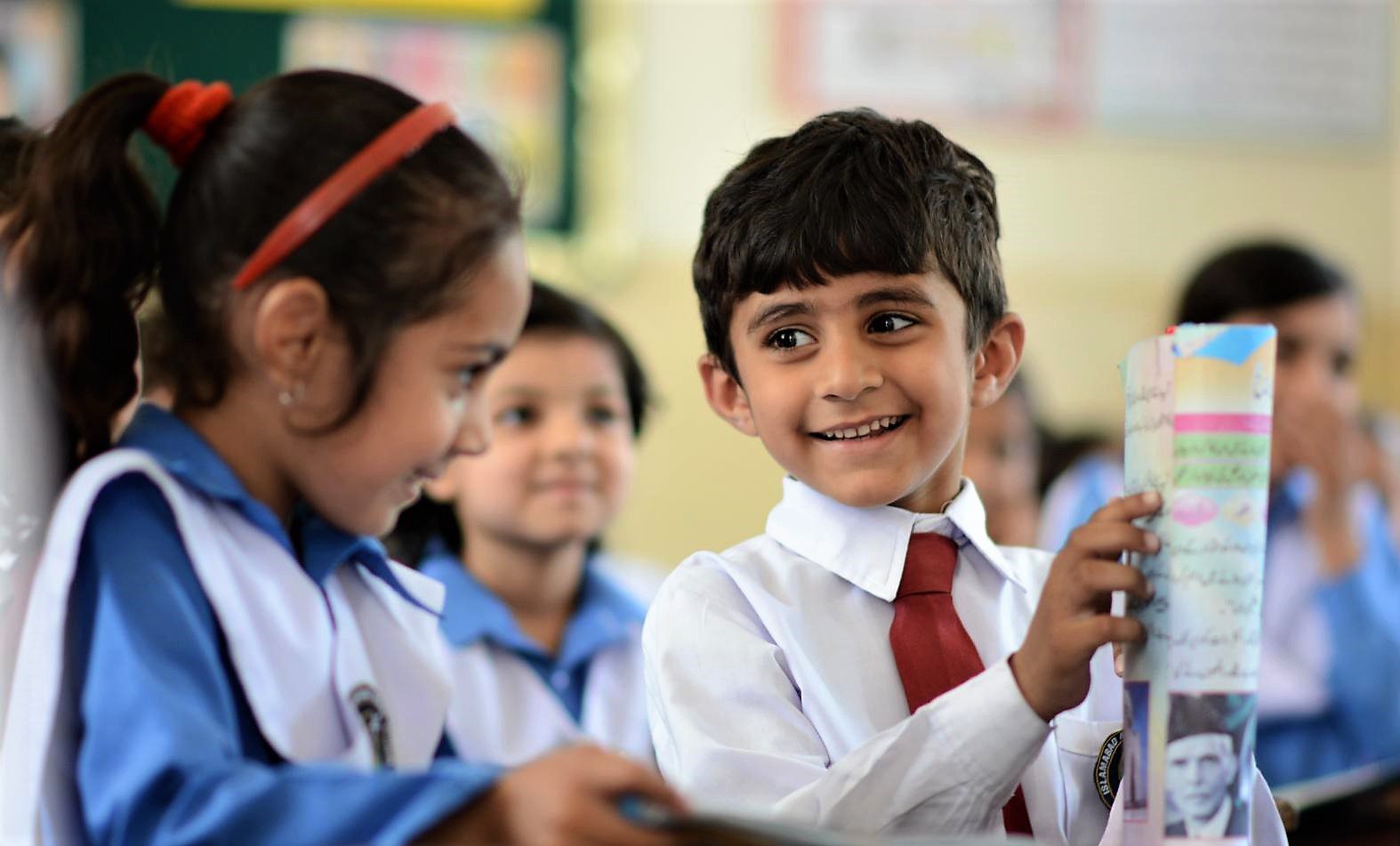
Breaking the Intergenerational Cycle of Poverty:
Poverty is often passed down from one generation to the next. When parents lack education, their children are more likely to experience the same challenges, perpetuating a cycle that can be difficult to break. However, when children are allowed to learn and grow in a supportive educational environment, the cycle can be disrupted.
Education empowers individuals to change the trajectory of their lives and, in turn, the lives of their families. An educated parent is more likely to value and prioritize their children’s education, creating a ripple effect that benefits future generations. Moreover, educated individuals are more likely to engage in behaviors that promote health and well-being, such as accessing healthcare services, practicing proper nutrition, and participating in community activities.
By focusing on the education of underprivileged children, Progressive Education Network (PEN) is not just changing the lives of individual students; it is altering the course of entire families and communities. Educated children grow into adults who value learning, who seek to provide better opportunities for their children, and who contribute positively to society.
Education and Gender Equality:
Education is a powerful tool in promoting gender equality. In many parts of the world, girls are often denied access to education due to cultural norms or economic constraints. This perpetuates a cycle where women remain economically dependent and marginalized. Educating girls has a profound impact not just on their own lives, but on the health, education, and economic well-being of their families and communities.
When girls are educated, they are more likely to marry later, have fewer children, and invest in their children’s education. Educated women are also more likely to participate in the workforce, contributing to their family’s income and the overall economy. Additionally, education empowers women to make informed decisions about their health, leading to improved maternal and child health outcomes.
PEN is committed to ensuring that girls receive the same educational opportunities as boys. By focusing on gender-inclusive education, PEN is helping to break down barriers that keep girls out of school, empowering them to become leaders and change-makers in their communities. PEN’s initiatives include providing scholarships, building safe and supportive learning environments, and advocating for policies that promote gender equality in education.
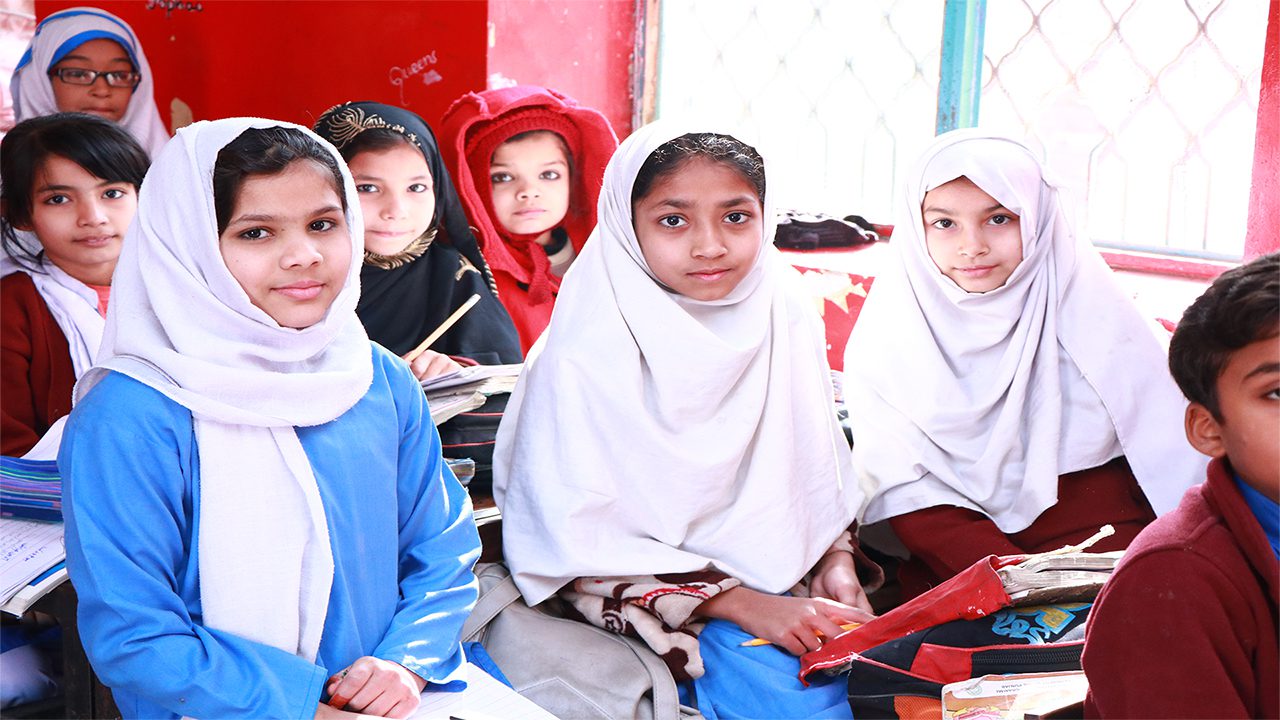
Education as a Tool for Social Change
Education fosters critical thinking, promotes tolerance, and encourages civic participation. It empowers individuals to challenge injustices and advocate for their rights. For underprivileged children, education is a powerful tool for social change, enabling them to lift not only themselves but also their communities out of poverty.
Educated individuals are more likely to participate in civic activities, such as voting, volunteering, and engaging in community organizations. They are also more likely to advocate for policies that promote social justice, environmental sustainability, and economic development. Education, therefore, plays a crucial role in building stronger, more resilient communities.
Progressive Education Network (PEN) recognizes the broader impact of education on society. By providing quality education to children who might otherwise be left behind, PEN is helping to create a more just and equitable world. Educated individuals are more likely to participate in democratic processes, support human rights, and work towards the betterment of society as a whole.

The Role of NGOs in Promoting Education
NGOs like Progressive Education Network (PEN) play a critical role in filling the gaps left by public education systems, particularly in underprivileged areas. PEN has been dedicated to ensuring that children who would otherwise be denied an education receive the support and resources they need to succeed. Through community engagement, teacher training, and innovative educational programs, PEN is making a tangible difference in the lives of thousands of children.
Since its inception in 2008, PEN has been committed to providing a holistic education that not only focuses on academics but also nurtures the emotional and social development of children. By addressing the unique challenges faced by underprivileged children, PEN is paving the way for a generation that will be better equipped to overcome poverty and contribute to the growth and prosperity of their communities.
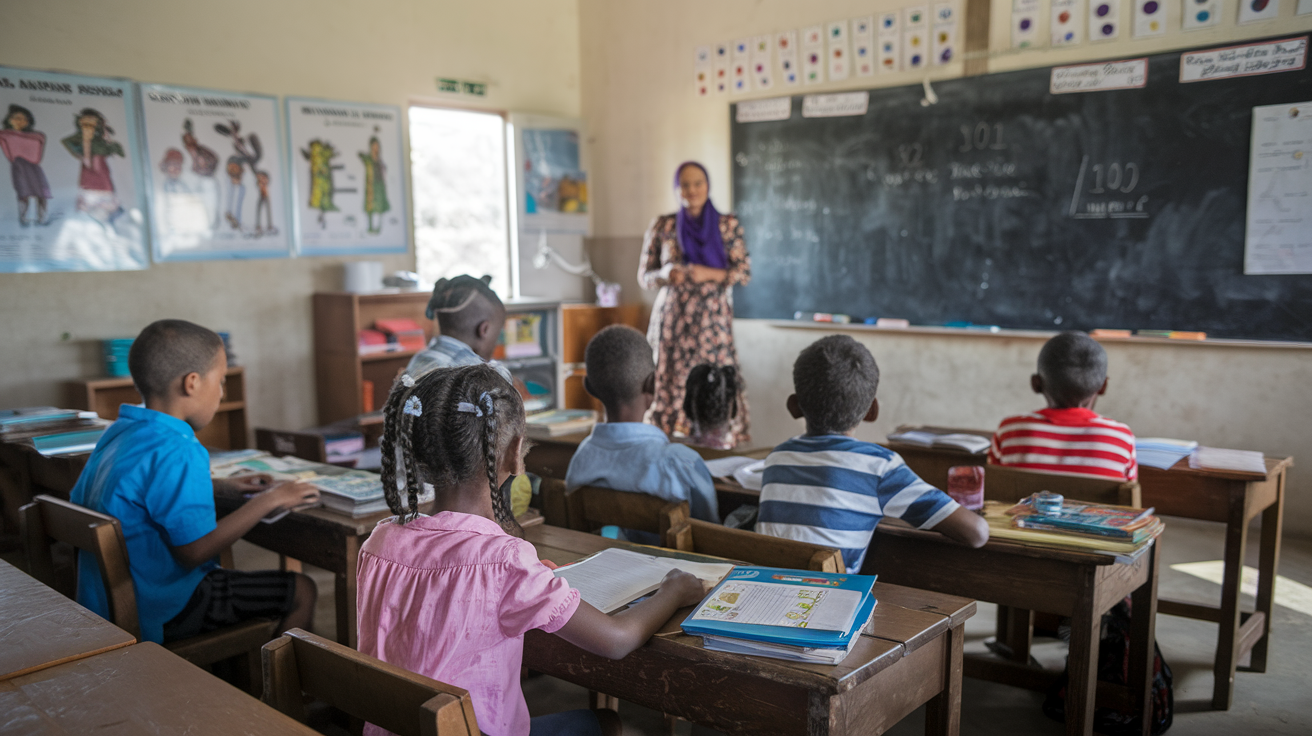
Community Involvement and Support
Education is not just the responsibility of schools or NGOs; it requires the involvement of the entire community. Families, local leaders, and businesses all play a role in supporting educational initiatives and creating an environment where children can thrive. PEN works closely with communities to build strong support networks for students, ensuring that they have the encouragement and resources they need to succeed.
Community involvement is essential in creating a sustainable and effective educational system. When communities are engaged in education, they are more likely to advocate for policies that support schools, invest in educational resources, and participate in activities that promote learning. Additionally, community involvement helps to create a sense of ownership and pride in local schools, leading to improved student outcomes and stronger community ties.
By fostering community involvement, PEN helps to create a culture of learning that extends beyond the classroom. This collaborative approach ensures that education is valued and prioritized, making it a cornerstone of community development.
The Future of Education in Poverty Alleviation
As we look to the future, it is clear that education will continue to play a crucial role in poverty alleviation. The challenges we face today, from economic inequality to climate change, require innovative and educated minds to solve. By investing in education, we are investing in the future of our society.
Progressive Education Network (PEN) remains committed to expanding its reach, improving the quality of education, and ensuring that every child has the opportunity to build a better life. The work that PEN has done since 2008 is just the beginning. As we move forward, we must continue to prioritize education as a key strategy in the fight against poverty.
Conclusion
Education is the most powerful weapon we have in the fight against poverty. It has the ability to transform lives, uplift communities, and create lasting change. Progressive Education Network (PEN) is proud to be a part of this mission, working tirelessly since 2008 to provide underprivileged children with the education they need to break free from the cycle of poverty.
As we look to the future, PEN remains committed to expanding its reach, improving the quality of education, and ensuring that every child has the opportunity to build a better life. Together, we can make a difference—one educated child at a time.

